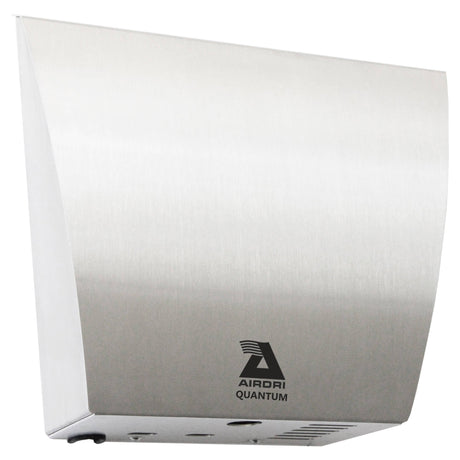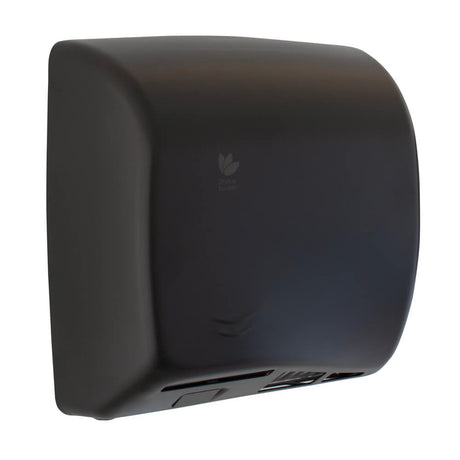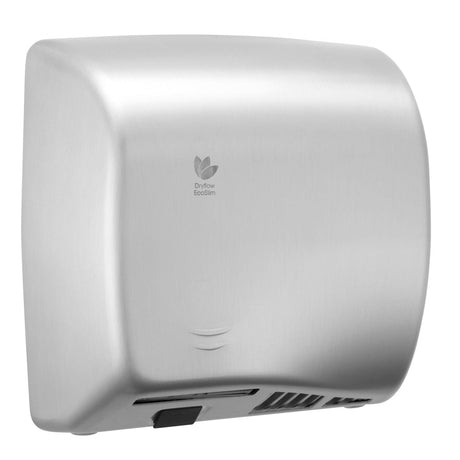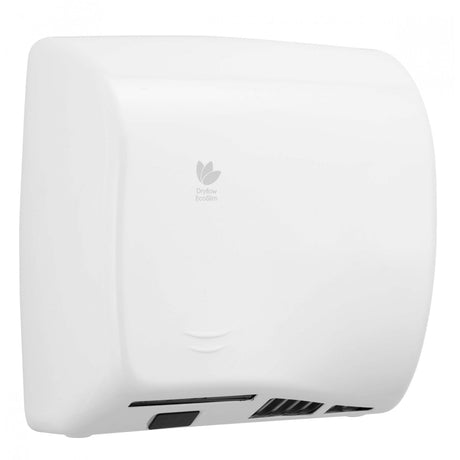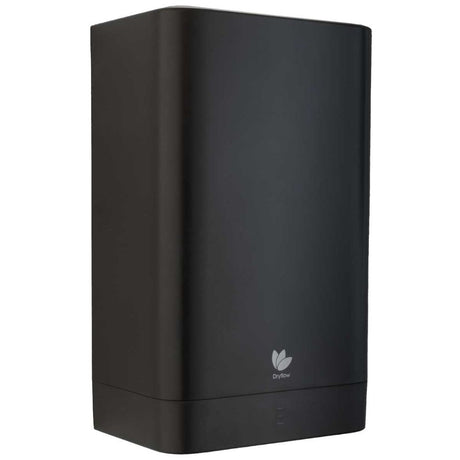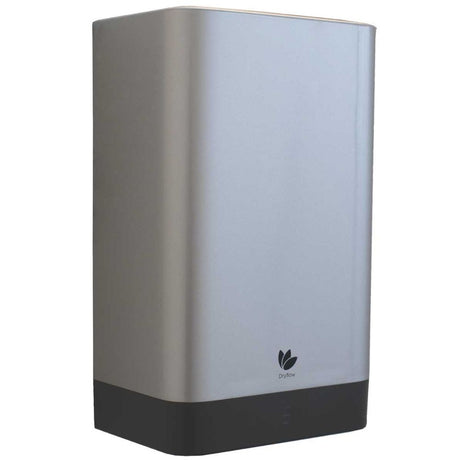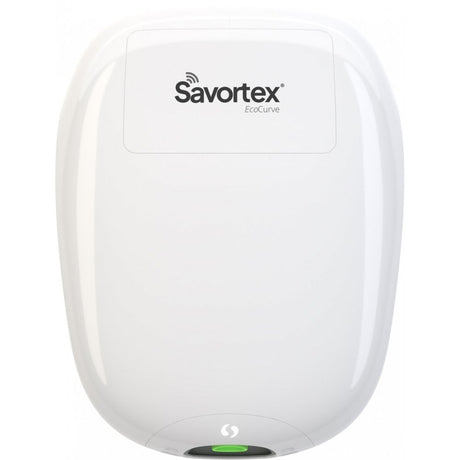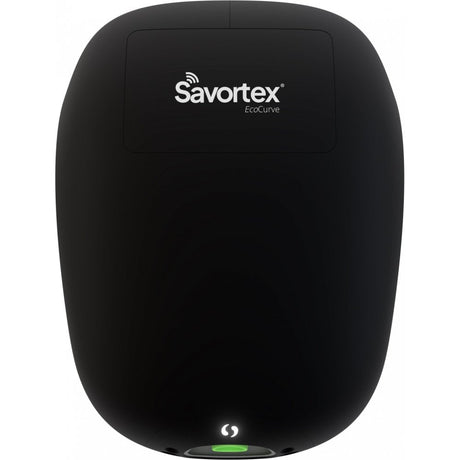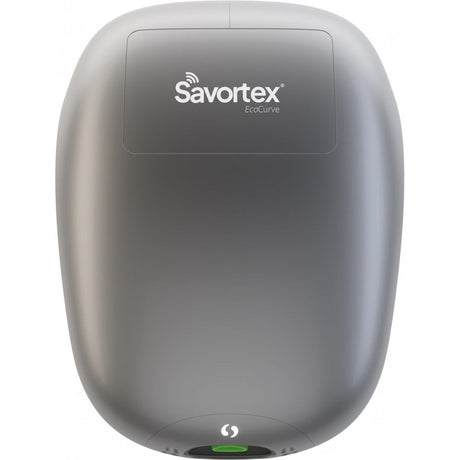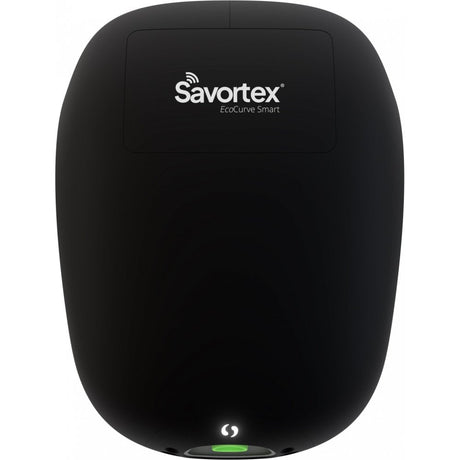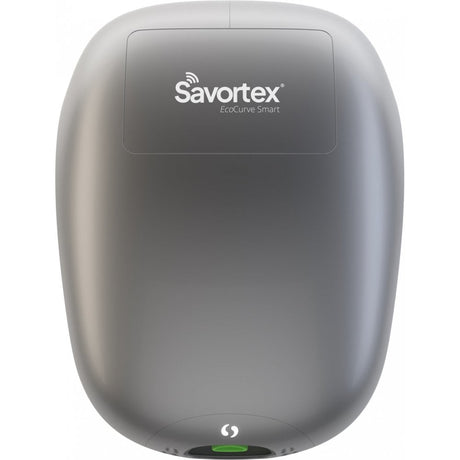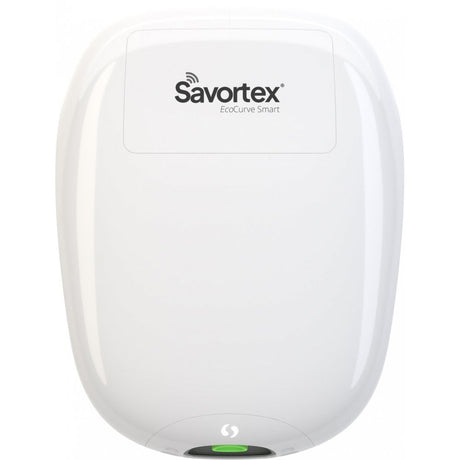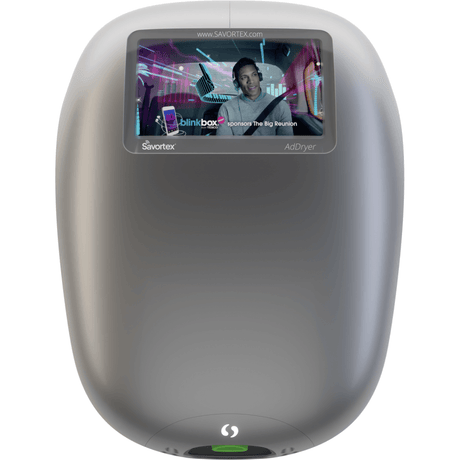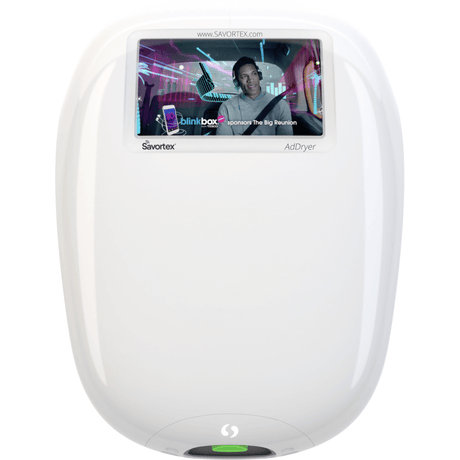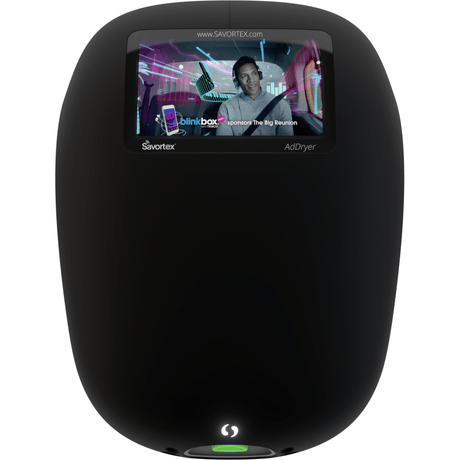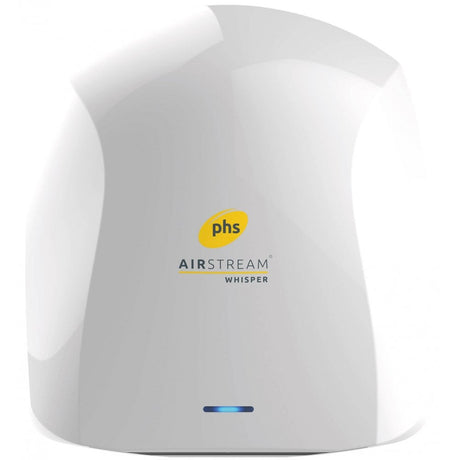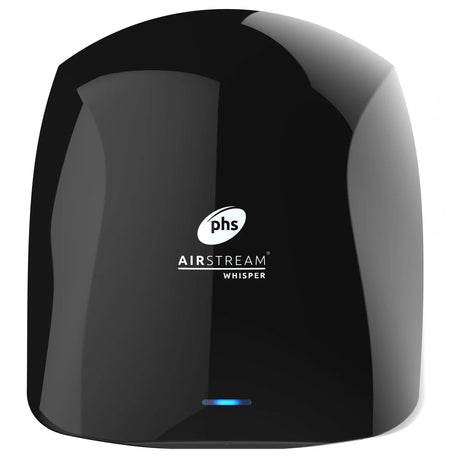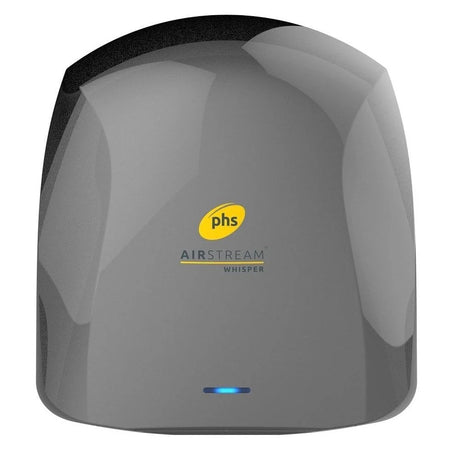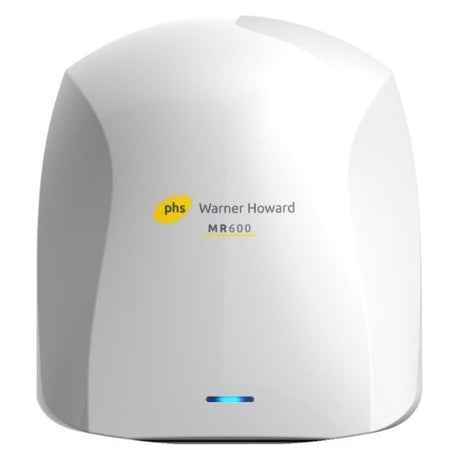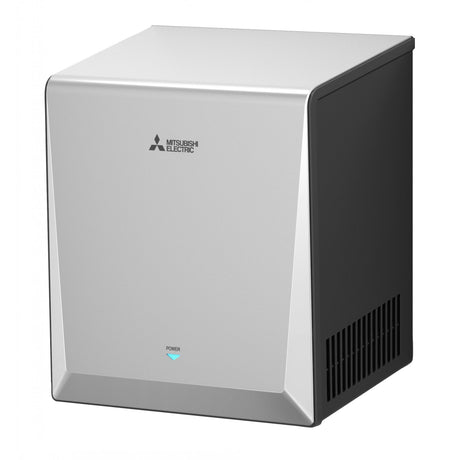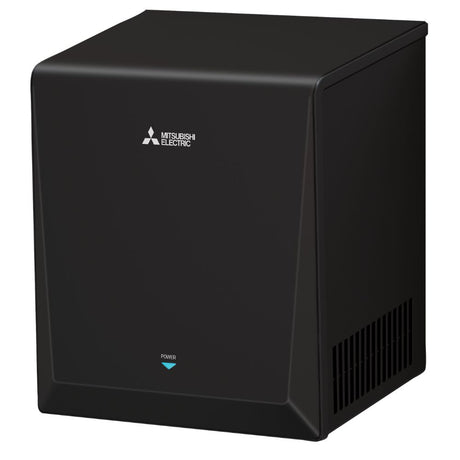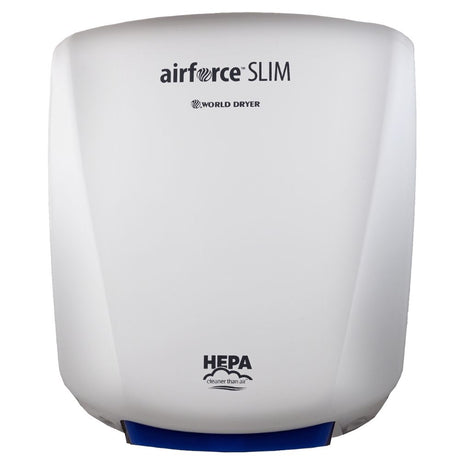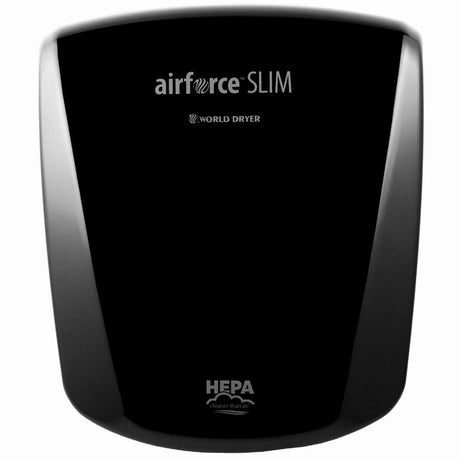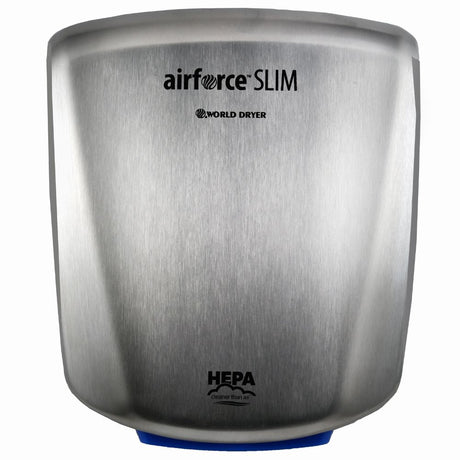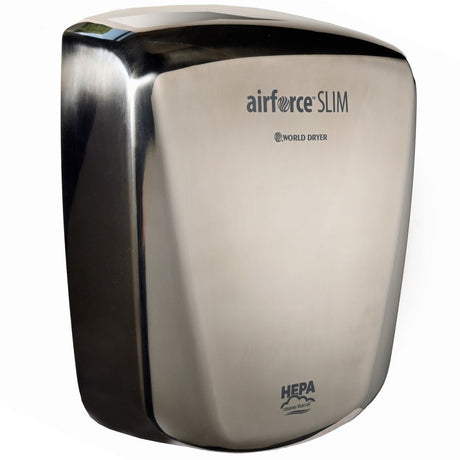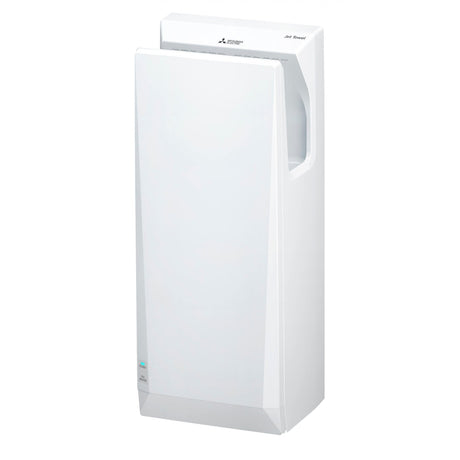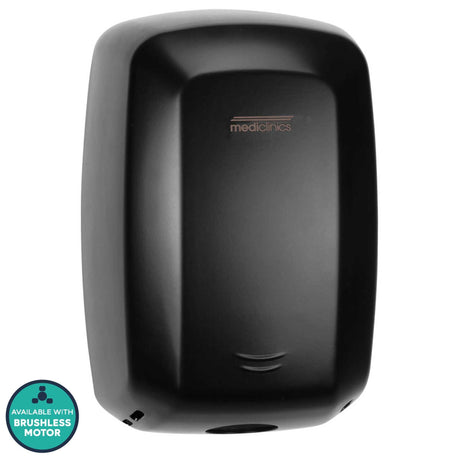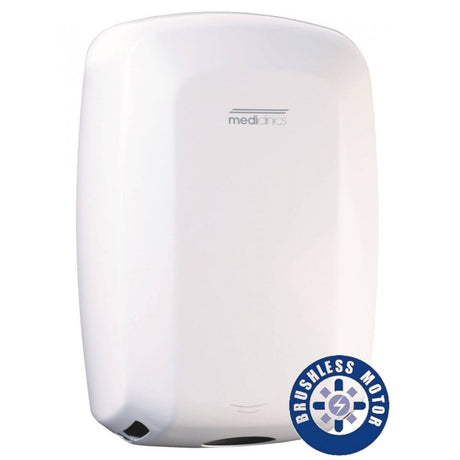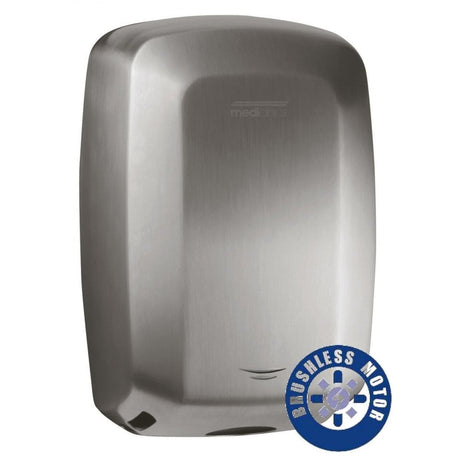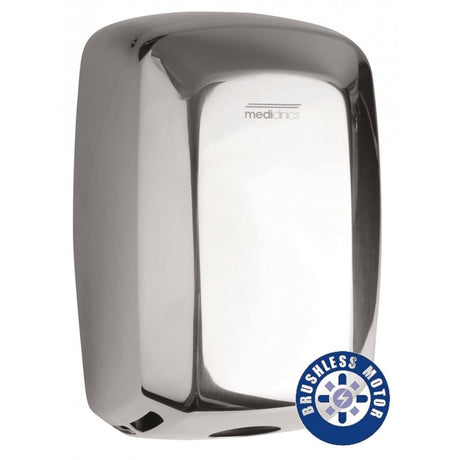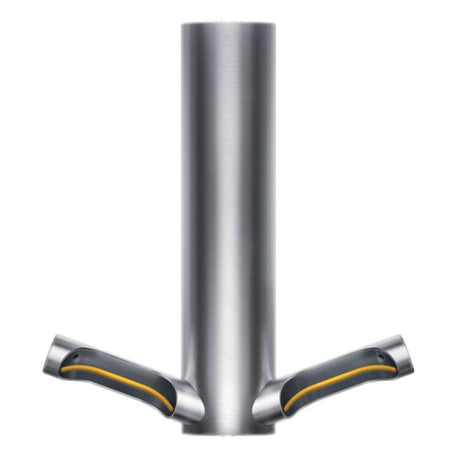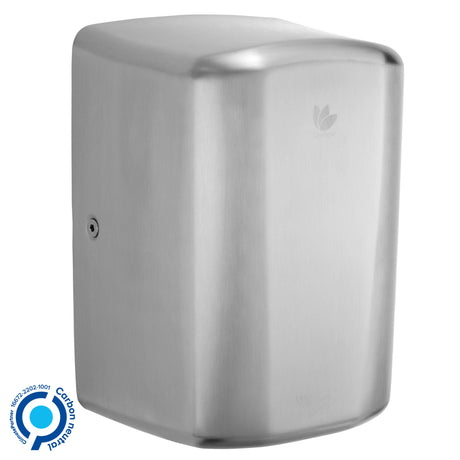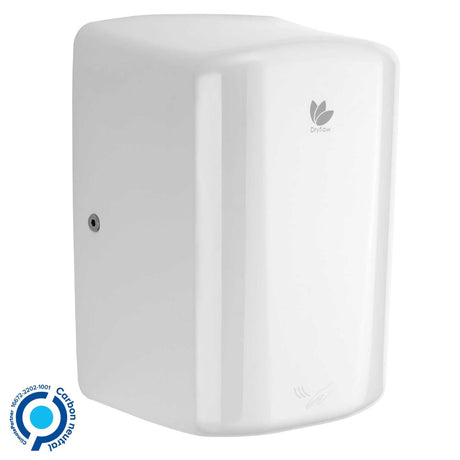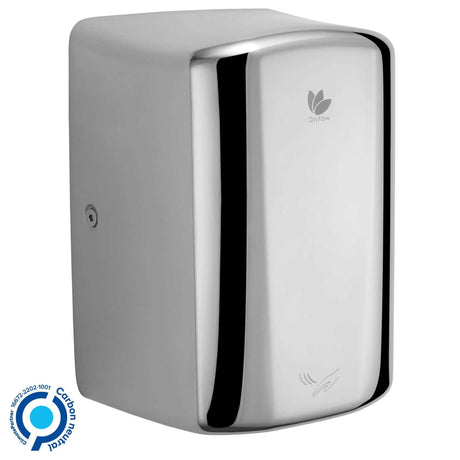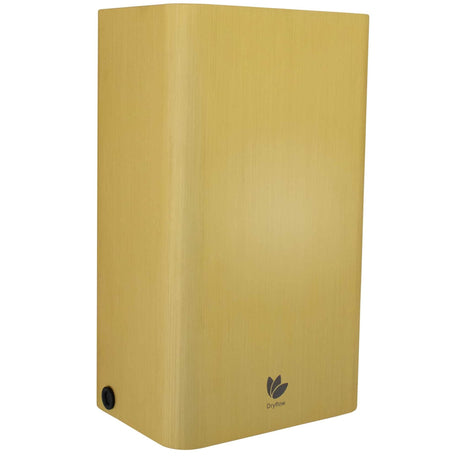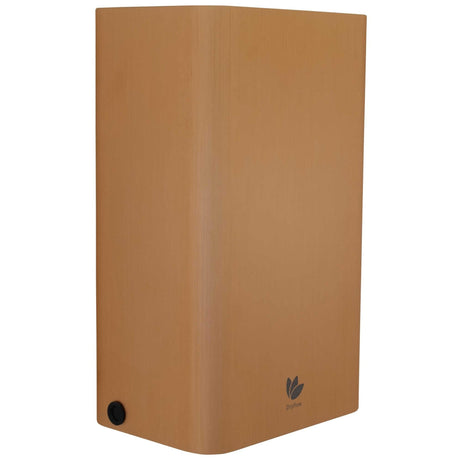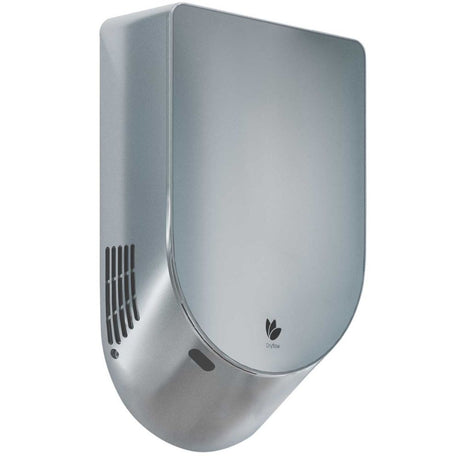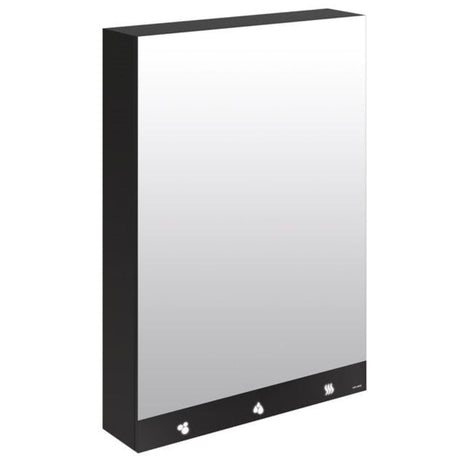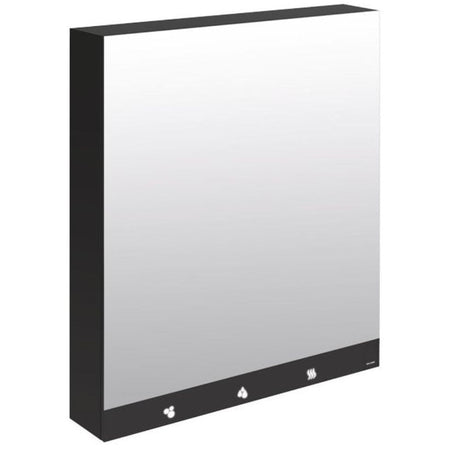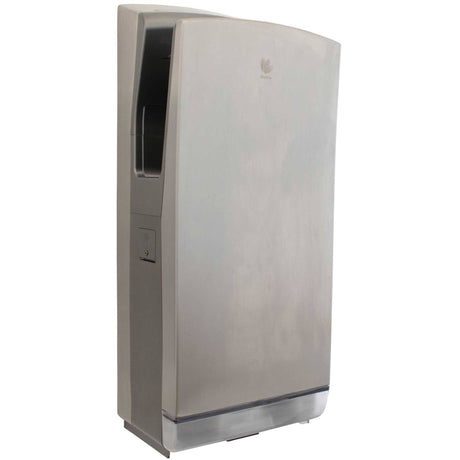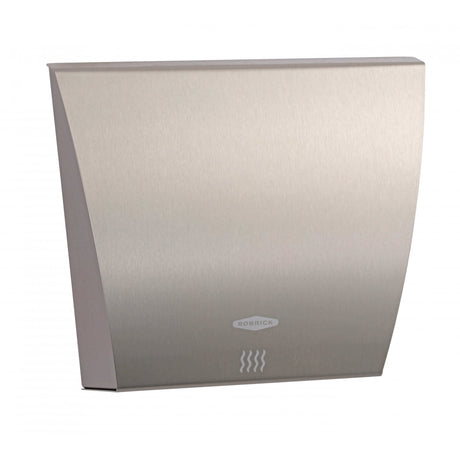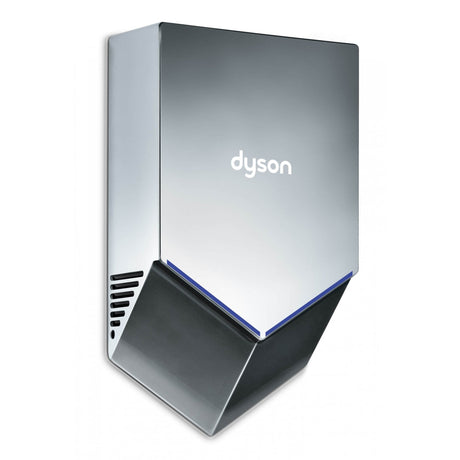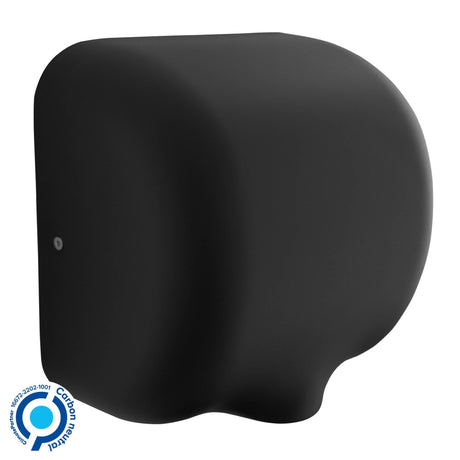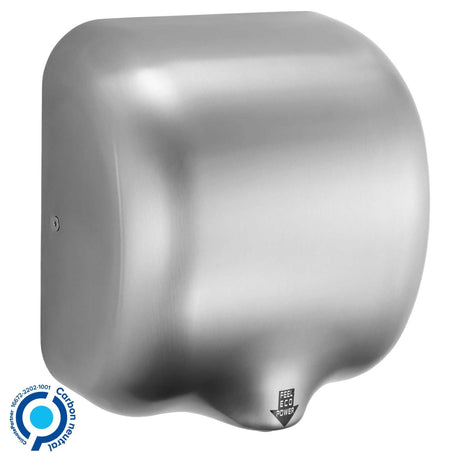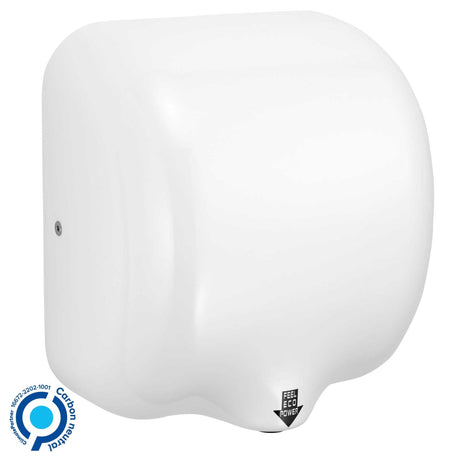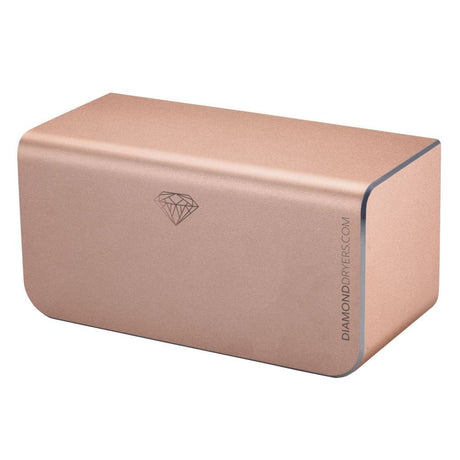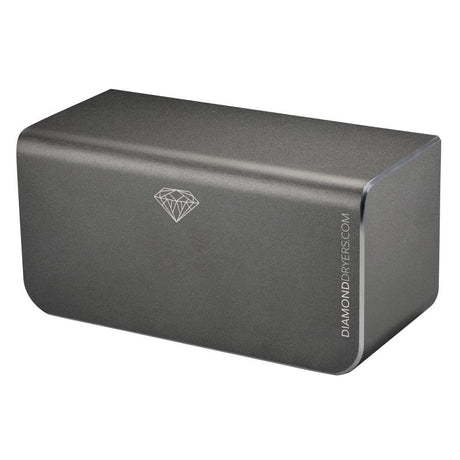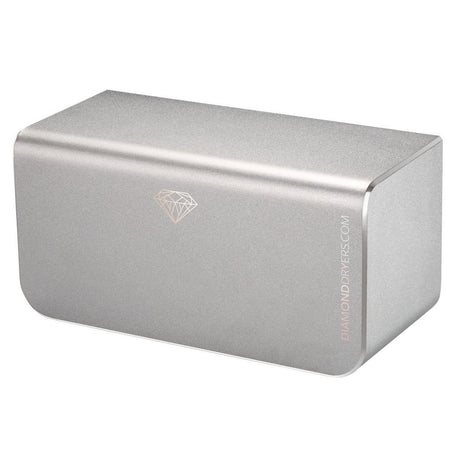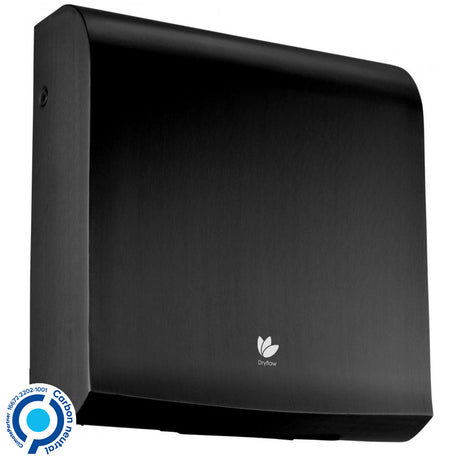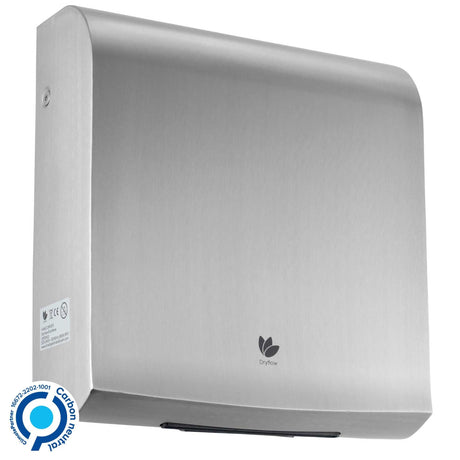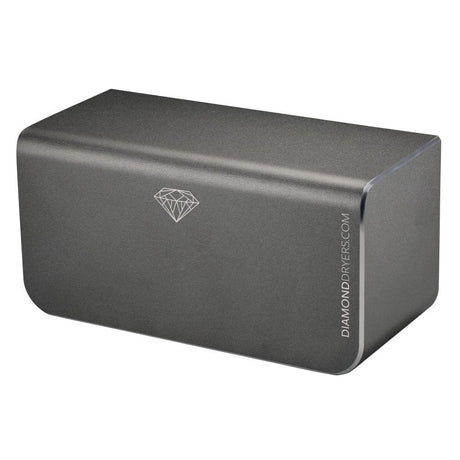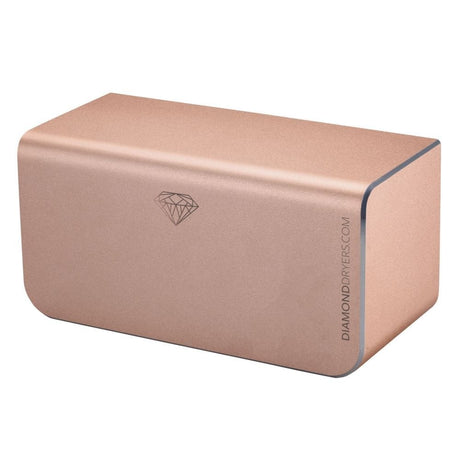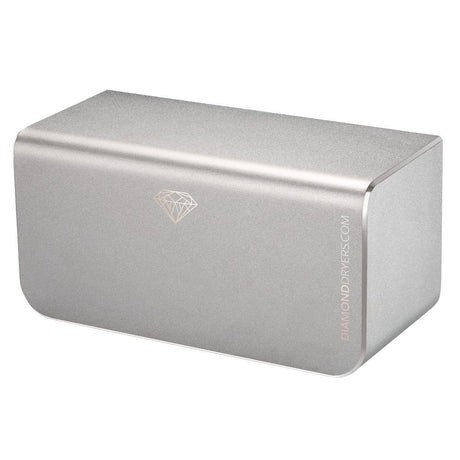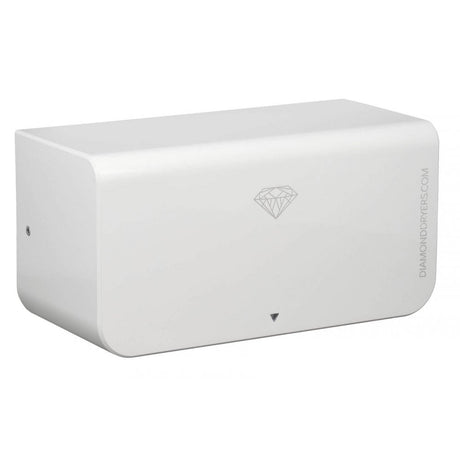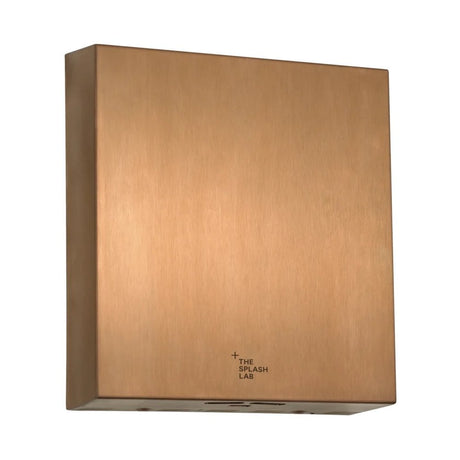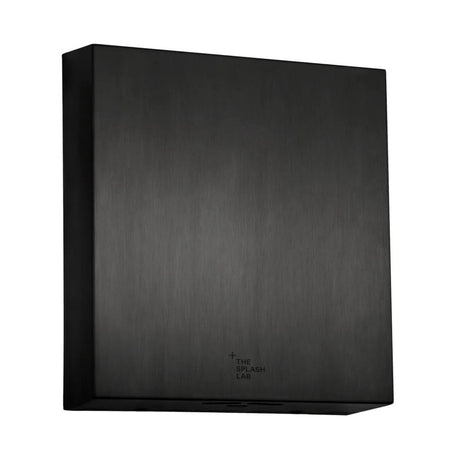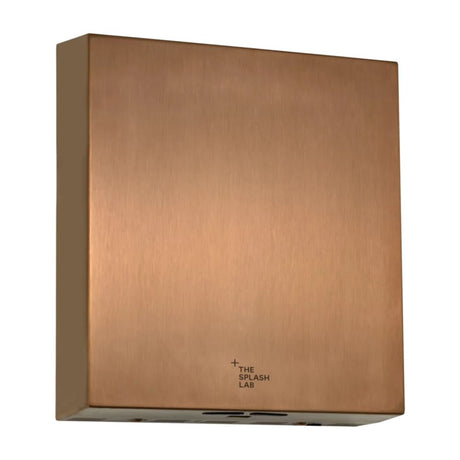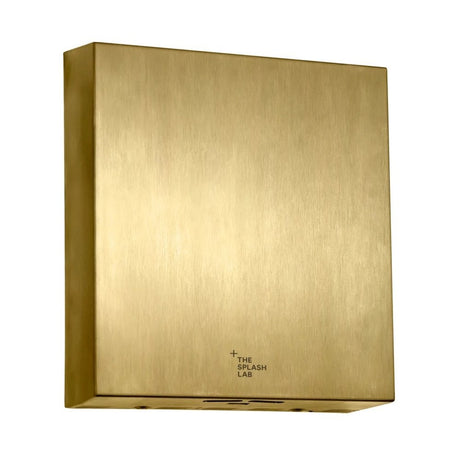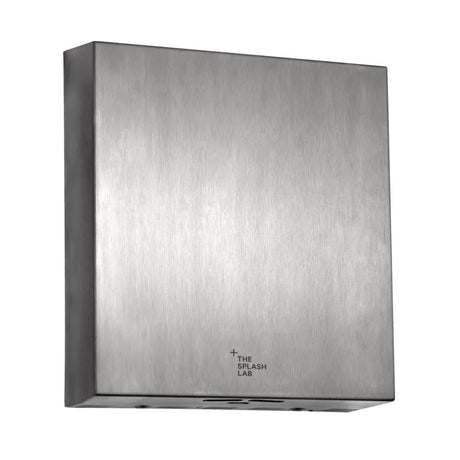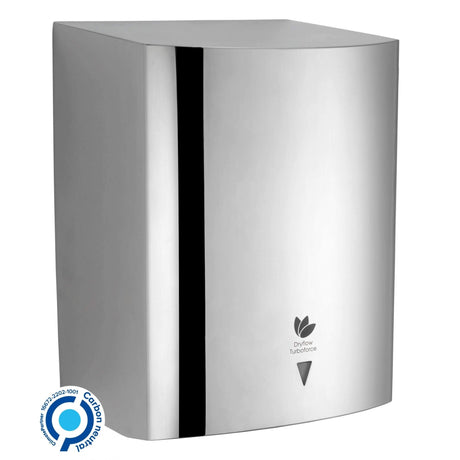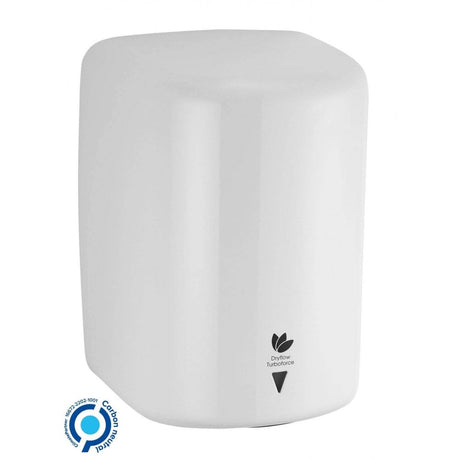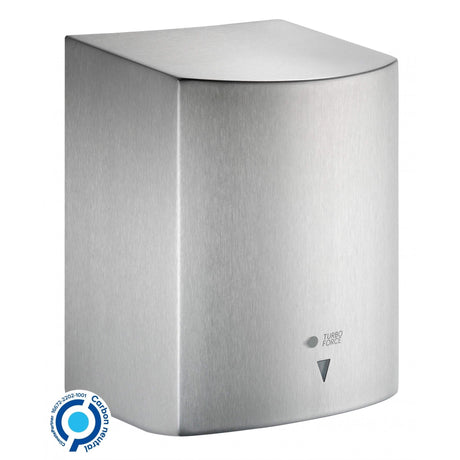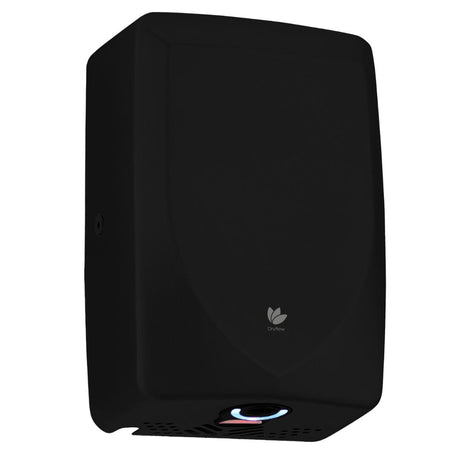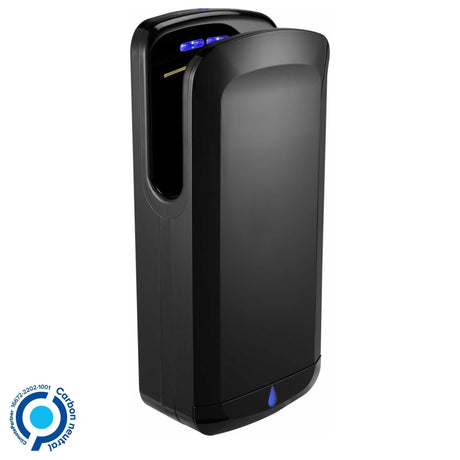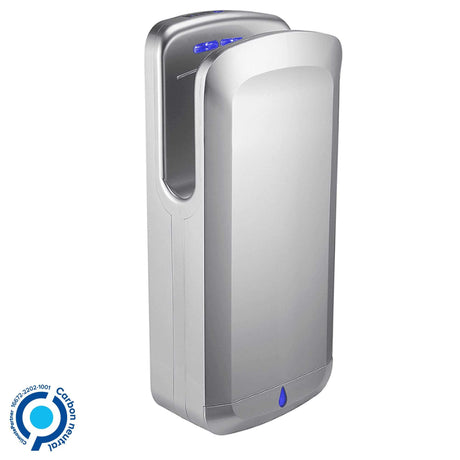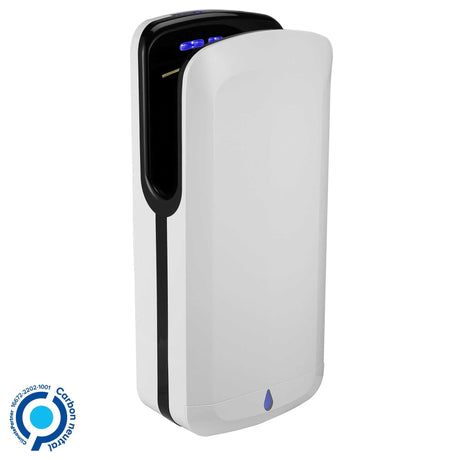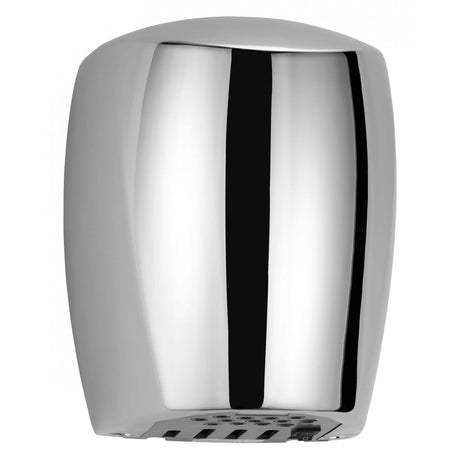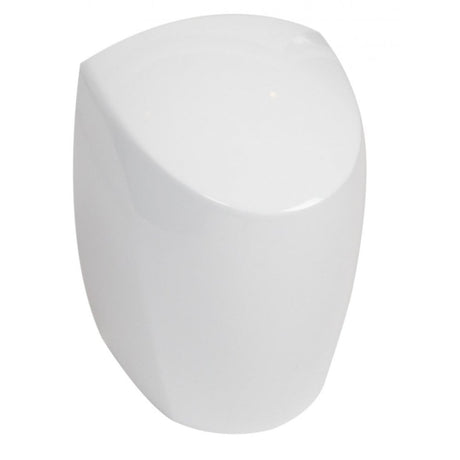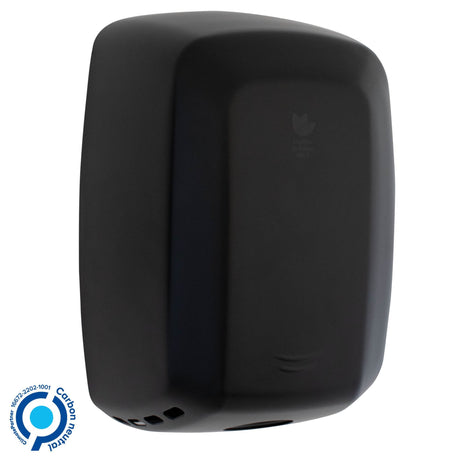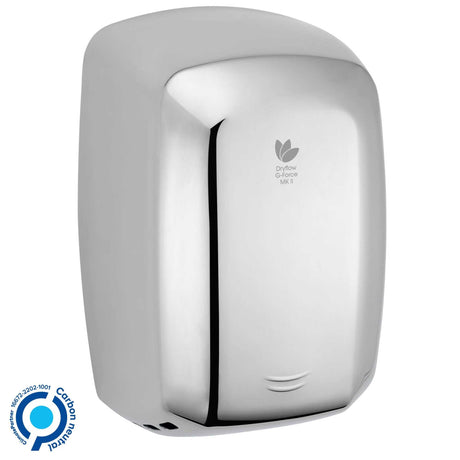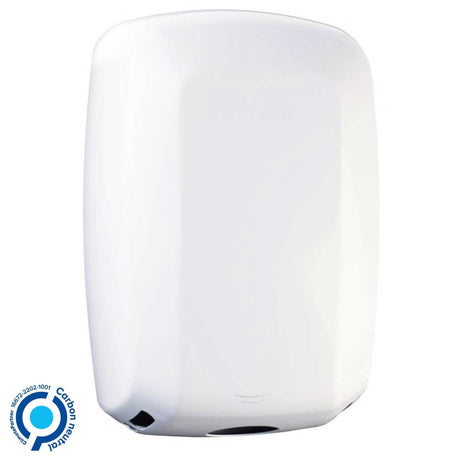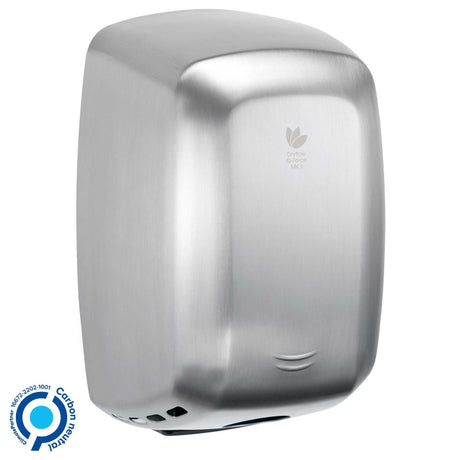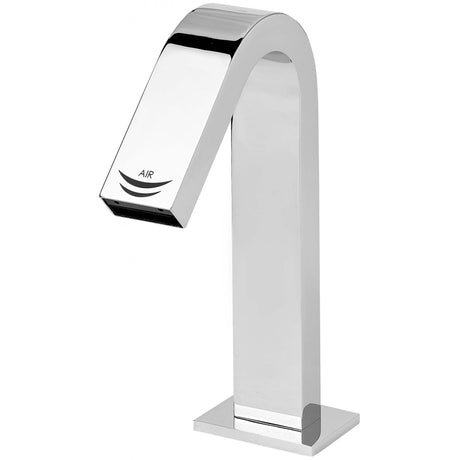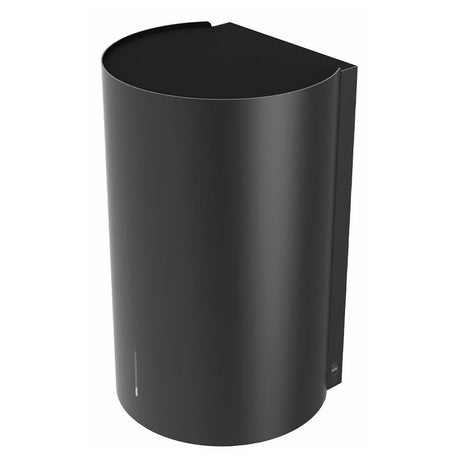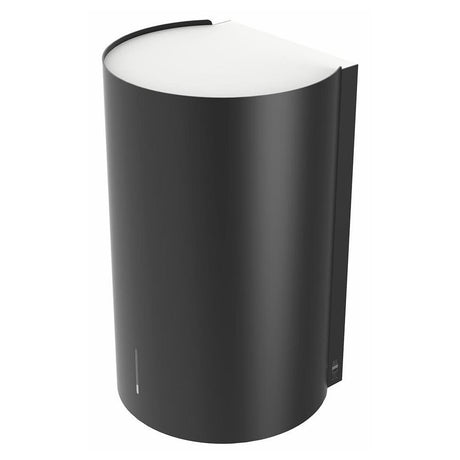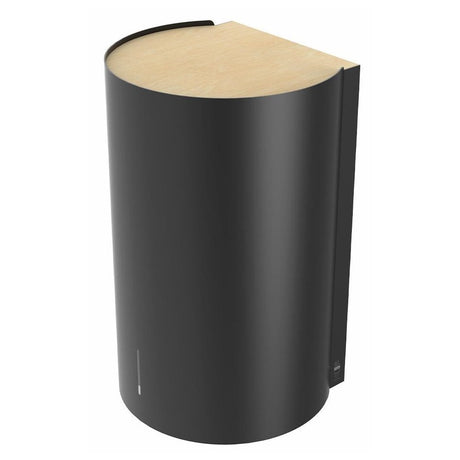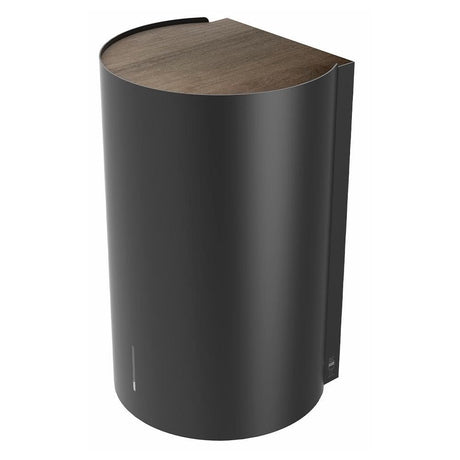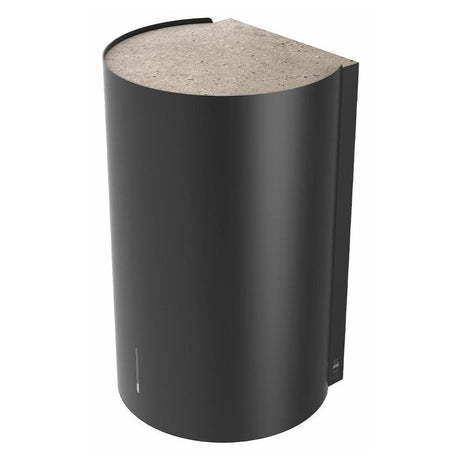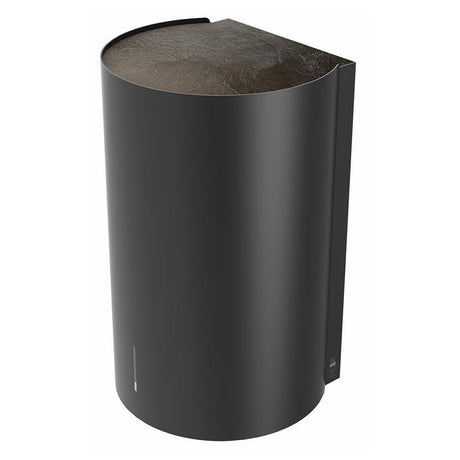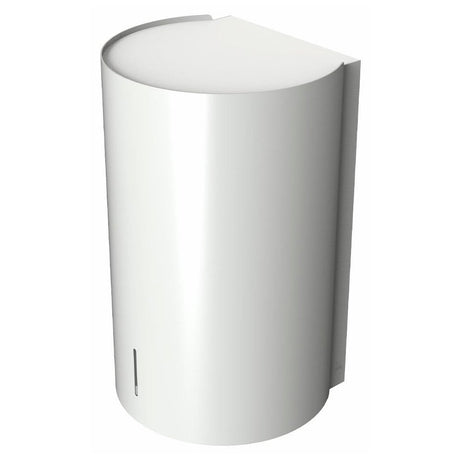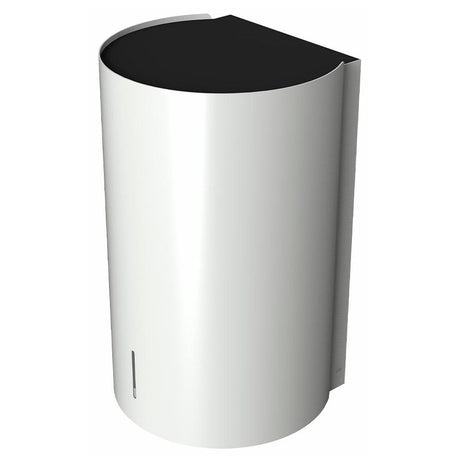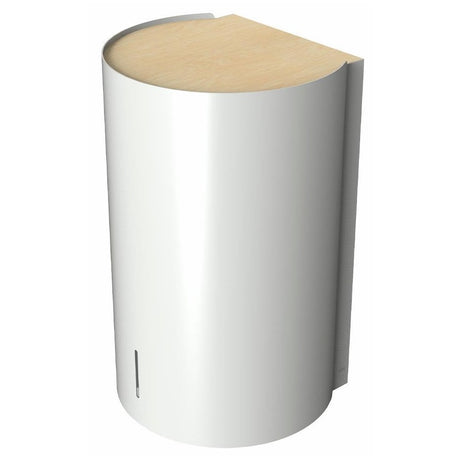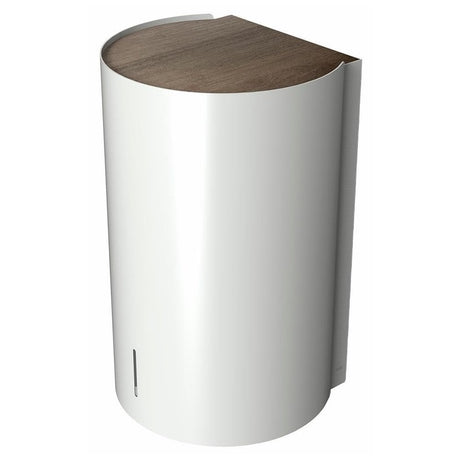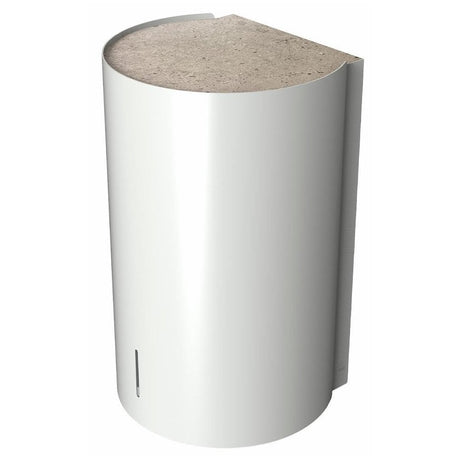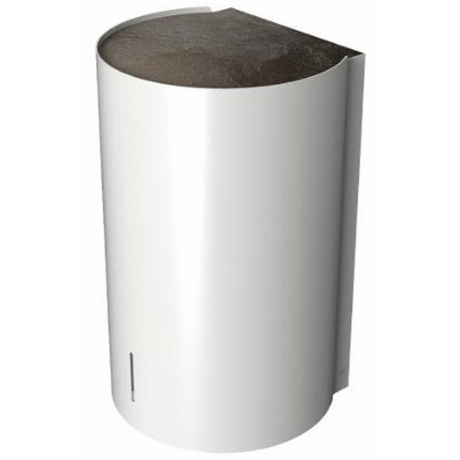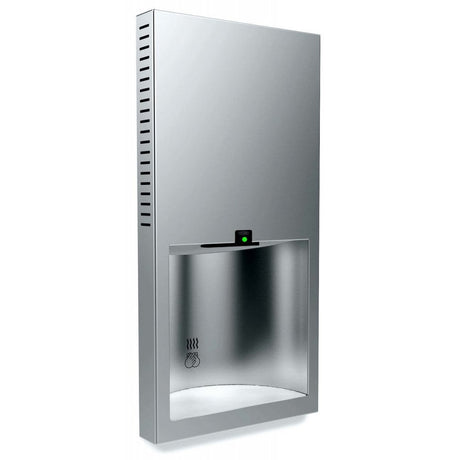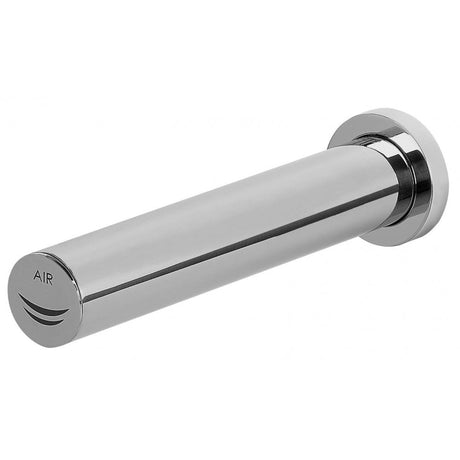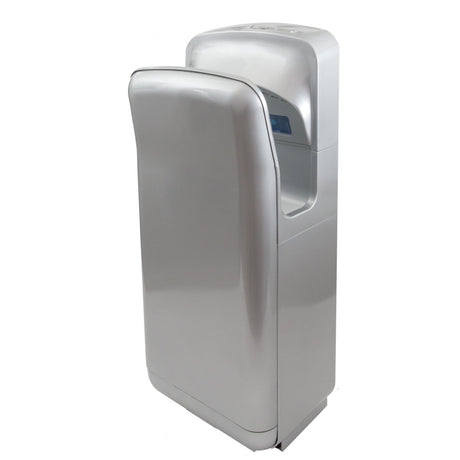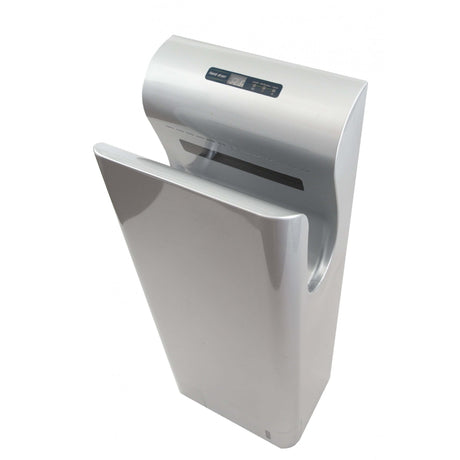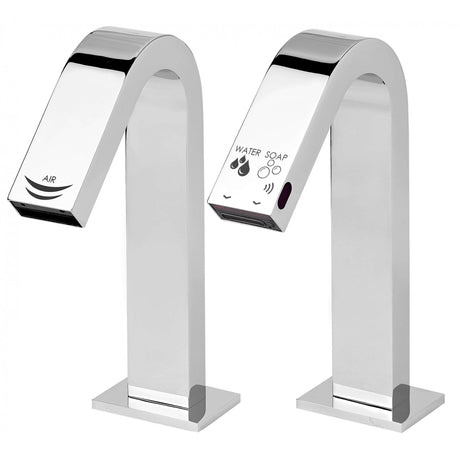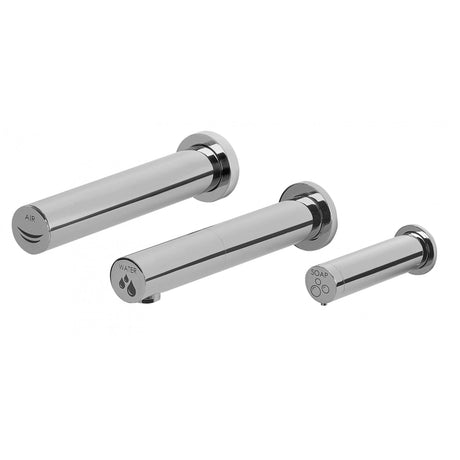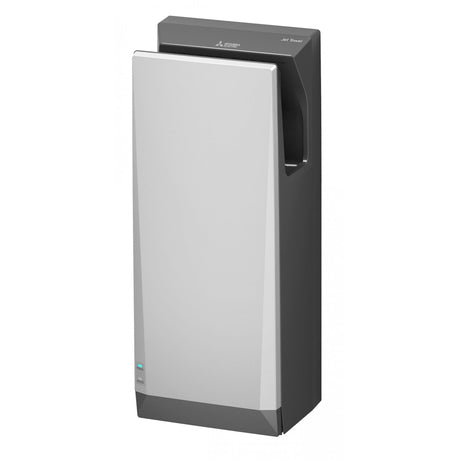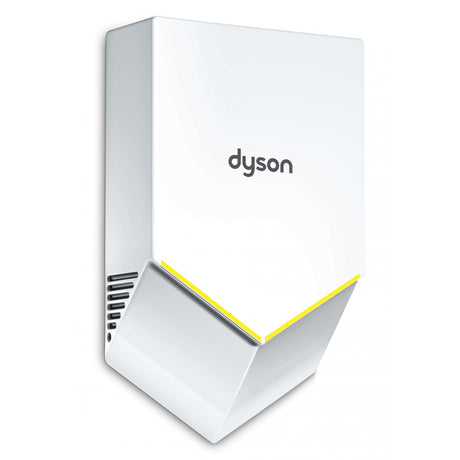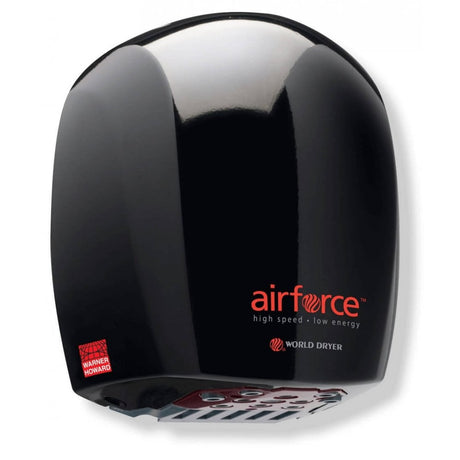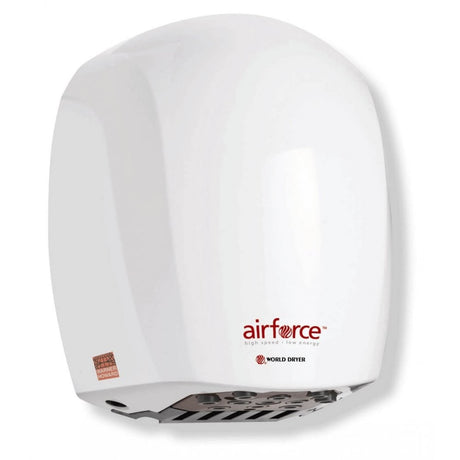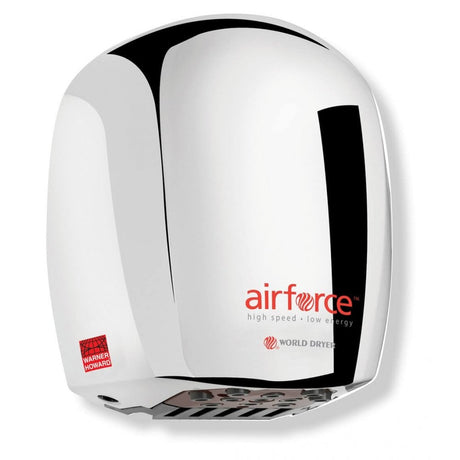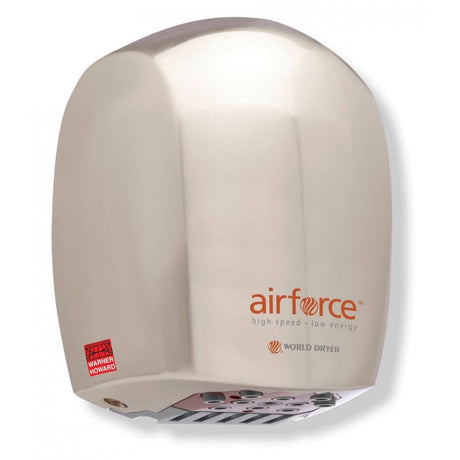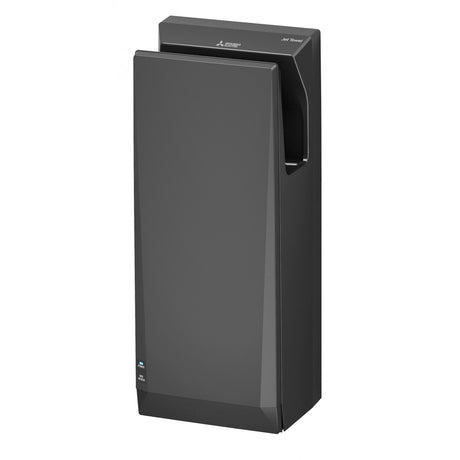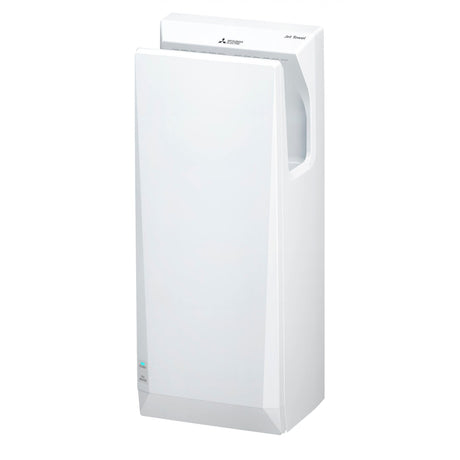Sensor-operated hand dryers save energy
Fortunately, technology has moved on from the days of a big push-button on the front of the dryer that activated the airflow for a fixed time of 30-40 seconds. Today, energy-saving, sensor-operated hand dryers are the norm in commercial washrooms. The old, manual units would be activated and the user would walk away after 10 seconds, leaving warm air to continue flowing for another 20-30 seconds – a huge waste of energy. In other scenarios, hands wouldn’t be dry after the pre-set period, so the dryer would be started again, leaving an inefficient dryer to run for over a minute.
A 2.4kw device that operates for 30 seconds longer than it needs to would waste an additional 20 watts of energy.
What qualifies as an energy-efficient hand dryer?
For anything to be energy efficient it must use relatively little energy compared with standard products. We feel that to be classed as energy-efficient a hand dryer must:
- Dry quickly
- Have a low-rated power
- Automatic start/stop hand drying
Every extra second a dryer takes to do the job means wasted energy. For example, if you take two models, both have a rated power of 1.5Kw and one dries in 10 seconds and the other in 20 seconds, the first dryer will consume 4.15 watts/hour, and the 2nd will consume 8.3 watts/hour per dry. This adds up significantly over the lifetime of the product.
A unit with a rated power of 2Kw will use twice as much energy while in use as a 1Kw dryer, so it would need to dry twice as fast to consume the same amount of energy. In the past, dryers were around 2.4kw rated as standard and took at least 30 seconds to dry. To be termed energy-efficient by the carbon trust, a hand dryer should now be rated at least 1.6kw or lower and dry hands in 15 seconds or quicker. The most energy-efficient models use under 1kw and still have sub-15-second dry times.
Lots of energy is wasted waiting for a manual drying cycle to end, so a sensor activated hand dryer that starts/stops as soon as the hands are placed or removed saves lots of unnecessary energy.
Do eco hand dryers use cold air?
Most eco hand dryers either have no heater element, like the Dyson dryers, or have a relatively low-consuming and optional heater element like the Bulletdri, Mitsubishi SMART, or Machflow. The breakthrough in efficiency came when motors became much faster and airflow was able to remove moisture rather than needing to evaporate it. Fast motors also generate residual heat meaning heater elements didn’t need to consume so much energy.
Although heat is less part of the drying process it can still be effective and provide comfort, we have a new model called the Dryflow EcoSlim that can be changed to provide warm air or not. It has a rated power of 0.18 kW - 0.85 kW / 1.17 - 2.36 Wh per dry depending on the setting used, and can provide 4347 dries per £1 spent on electricity.
With energy prices seemingly spiraling out of control, it makes commercial sense to install a low-energy model. This will not only save you money on your electricity bills, but it's also better for the environment.
How much energy does an energy-efficient hand dryer typically use?
Traditional hand dryers:
- Old-fashioned manual push button dryer = 30 to 40 watts/hours per dry
- Traditional dryer with sensor operation = 20 to 25 watts/hours per dry
Energy efficient hand dryers:
The top 5 most energy-efficient hand dryers we stock are:
Read our full blog article for more information on the top 11 most energy-efficient hand dryers.
Our commitment
We have independently carbon footprinted 11 of our eco hand dryers and we have offset all the emissions created through a verified project. The process is managed by Climate Partner.
Remember most models we offer are now relatively energy-efficient, if you haven't seen a dryer in this section you like please go to our main electric hand dryer section and filter to your ideal option. Alternatively, use our hand dryers buying guide or call one of our experts on 0114 3540047.
 Find out more
Find out more Help me choose
Help me choose



